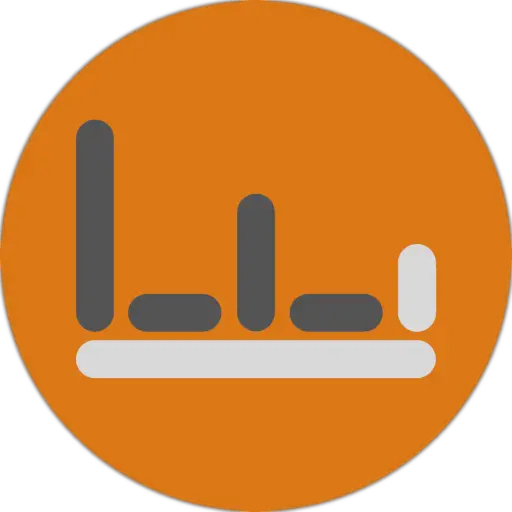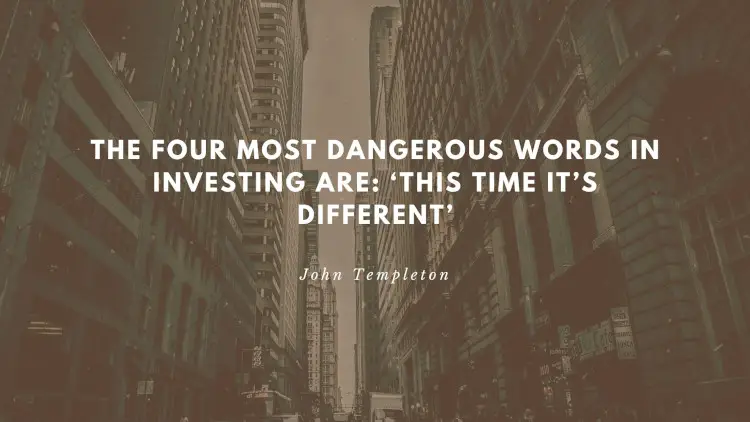Imagine this. You currently rent a home (house or condo). A bank offers loan payments that equal your monthly rent. Is renting a waste of money? Let’s also imagine both options (renting vs. owning) provide the same emotional value. In short, the economics of renting or owning will be your deciding factor. Is it then best to rent or buy?
What are the financial advantages of renting a home, if any; and can an online calculator help you decide?
I am a real estate investment advocate and have a bias towards owning over renting. I would rather have my property rented out than rent one myself. But despite my preference, there are real benefits to renting vs. owning a home.
Page Contents
The economics when rent equals loan payments
On top of the number of unpredictable economic variables, there are also non-economic reasons for wanting to buy or rent. These include the flexibility to move, emotional attachments to a property developer, and so on.
We will keep our focus on the home-specific economic and financial details, and see if renting is really a waste of money.
Our assumption is that the non-economic reasons balance each other out. We will also assume the growth prospects of both options are equal (i.e., the future values of either option are assumed to be offsetting) to limit the unpredictability of macroeconomic variables.
The mainstream approach
When rent equals loan payments, the usual advice is to go ahead and buy the property. That renting is throwing away your money. This is just incorrect.
The basis for this incorrect approach is: If you’re going to spend, you might as well spend on something that gives back. For the same amount of money, owning gives you an asset while renting does nothing.
The problem with this approach is we’re actually NOT talking about the same amount of money. When rent equals loan payments, the total economic values of each option do not equal. Here’s why.
The correct approach
When we buy a property, we normally shell out a large sum for the down-payment. The down-payment has a considerable time-value component because it’s paid upfront. Down-payments also have other associated costs such as legal fees, appraisal fees, and the like. All of these are paid upfront.
When we rent, our savings on the down-payment and related fees may be invested elsewhere, typically having positive returns. These returns are real costs to buying. In other words, by not being able to invest this money, you’re in fact losing on the returns that could have been.
Other cost savings when renting include maintenance and repairs, real property taxes, and insurance costs (or lower insurance costs). These add up to significant amounts over time. They seem trivial, but ask any homeowner and they’ll tell you not to ignore these costs.
The correct approach is then to plot all economic costs, for renting vs. owning a home, and then estimate the result.
| Renting | Owning |
|---|---|
| Monthly Rent | Costs of borrowing portion of monthly amortization |
| Lost equity buildup (from not owning) | Investment returns on down-payment and associated fees |
| Maintenance and repairs | |
| Real property taxes | |
| Insurance |
If all this was confusing, just know that there are omitted costs when you compare just the monthly rent payments and monthly loan amortizations.
Investopedia lists the pros of renting here. For the most part, I agree. My only qualm is their take on utility costs being lower. Assuming the utilities are for same-sized properties (whether renting or buying), they’re generally higher for renting because landlords charge a premium.
Online calculators (renting vs. buying)
The computation of “investment returns” and “costs of borrowing” can be daunting for most. Fortunately, there have been a plethora of online calculators to help you decide. What’s less fortunate is the prevalence of inaccurate calculators.
How do we determine which calculators to use? There are two broad types.

One type of calculator gets your current rent, expected tenancy (i.e., how long you expect to stay), and your loan amortization. It then computes the total rent you expect to pay (Rent x Tenure) and compares this to the total loan amount paid. It then suggests a rent-or-buy decision based on whichever yields the lower total.
But as we’ve examined, this approach fails to consider a lot of economic costs — specifically the forgotten costs of owning a house or condo.
The second type of calculator asks for information on investor returns, property taxes, and other economic variables. You should be using this type of calculator.
Conclusion
It’s easy to dismiss rental payments and call them a waste of money. We call them unrecoverable costs because they are, by definition, lost when incurred.
But what’s less obvious are the unrecoverable costs of owning a home.
These include clear unrecoverable costs such as maintenance and repairs costs, as well as property taxes. But they also include unnoticed unrecoverable costs.
Although monthly loan payments build up your equity, they also have an unrecoverable cost component in the form of interests. And finally, the missed investment returns also form part of the unrecoverable costs of owning a home.
There are monetary advantages to renting a home. Whether renting is a waste of money or not will depend on your circumstances. Always know though that monthly rental payments and monthly amortization payments are not comparable numbers.
Read more, select a topic:








